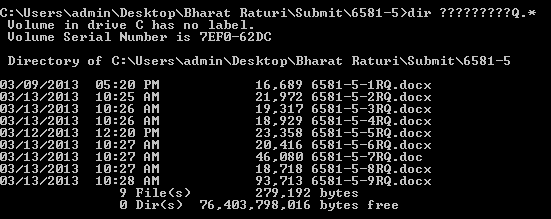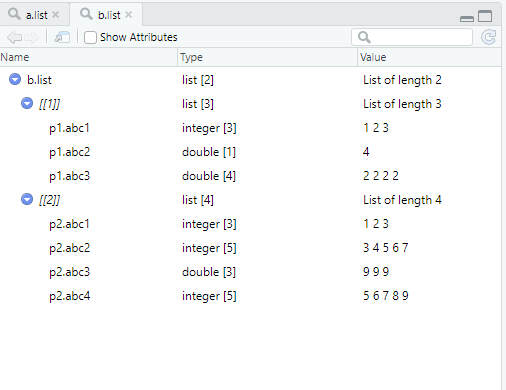

² Except removing empty words but that doesn't matter here as long as you make sure that the directory stack is deep enough. Discussing the possibilities is beyond the scope of this answer. ¹ Depending on your completion and key binding settings, you may need another key. I didn't even think I could do that, lol. zshrc?ĪNSWER: I simply used mv file.txt ~2 from one of the answers below. Is there a way to accomplish this as a shell function/alias in my. I used grep twice so that I can only match the ~ with the one from the line containing 2. The glob characters are the asterisk,, which matches all character the question mark,, which matches exactly one andf the square brackets and, which. Renamed 'file.txt' -> '~/.vim/colors/file.txt' $ > mv -v file.txt $(dirs -v | grep 2 | grep -option "~" "colors") What I actually need it for is to grep a path when I use dirs -v so that I can do this: $ > ls -AF $ > echo "The brown fox jumps over the lazy dog" | grep -option "the l" "g"
Ls | grep 'a.*\(\.js\|\.sh$\)$' <- match files names that contains an 'a' and end by '.js' or '.I want to grep a string from a given character or pattern until another given character or pattern instead of the entire line.įor example: $ > echo "The brown fox jumps over the lazy dog" | grep -option "b" "s"rwxr-xr-x 1 rcanepa staff 769B Aug 5 17:00 stats.sh

rw-r-r- 1 rcanepa staff 232B Feb 10 14:04 gulpfile.js rwxr-xr-x 1 rcanepa staff 512B Mar 10 19:22 deploy.sh To match a string between two patterns, the escaped | character must be used. ideaĭrwxr-xr-x 4 rcanepa staff 136B Aug 3 16:22. (hidden) and in which their permission string starts with a 'd'ĭrwxr-xr-x 30 rcanepa staff 1.0K Aug 5 17:41. Ll | grep '^.*]\+\.' <- files that start with. Match match (empty string before (empty string after and before (empty string after (not ] character after. Grep <- will match any string that has 1 or more characters before an and then 1 or more characters after the and that is ended by a. The ^ character matches the beginning of the line. The $ character matches the end of the line. To match a specific number of repetitions of a pattern, the pattern must be followed by \' <- will match strings like '.

Grep (*)a <- will match '()a', 'x(b)ax', '(dsakjheqw123123)a' but it won't match something like '(x)a' (anything with an x between the parentheses). This can be done putting a ^ in the first position inside the. Grep <- will match the strings "1", "2", "a3bc", but it won't match "a" or "house" Grep <- will match the strings "hello" and "Hello" The can be used to match a character from a list. Grep 'abcd\(mm\)\?xyz' <- will match 'abcdmmxyz' and 'abcdxyz' So, in combination with the ? character, it is possible to specify optional substring. Ls | grep '\.jso\?' <- will match files which contains '.js' or '.jso'Īn expression surrounded by escaped parentheses is treated by as a single character. Grep 'abc\?' <- will match 'abc' and 'ab' The ? character match any string in which the character before an escaped ? is present one or zero times. Grep 'somefile.ext' will match files like these: Ls | grep '\.js' <- this will return all files which contains the '.js' string as part of their name. If we want to match the dot in the file name, we must escape the dot in the grep statement in this way: To find all lines which contains the string 'image.gif', the dot character must be escaped:Įxecuting ls | grep '.js' will return all files, because in this case, the dot is a wildcard that will match any character. To escape a special character (grep won't interpret its special meaning) the \ character must be used before the target character. The boy is going to the town (Match on: he boy. > This will match any string which contains a substring which has an 'h' followed by 0 or more character of any kind, and then and 'h'. The * wildcard can be used to specify that the character before it can be 0 or more times repeated. > This will return all lines from the file 'some-file' which contains a string with the form 'function. wildcard can be used to specify that any character (just one) will match the searched string if everything else match. > This will return all files which contains the string 'some-string' in their names > This will return all lines of the file named 'some-file' which contains the string 'some-string'. Grep searches strings/patterns inside other strings/text.


 0 kommentar(er)
0 kommentar(er)
